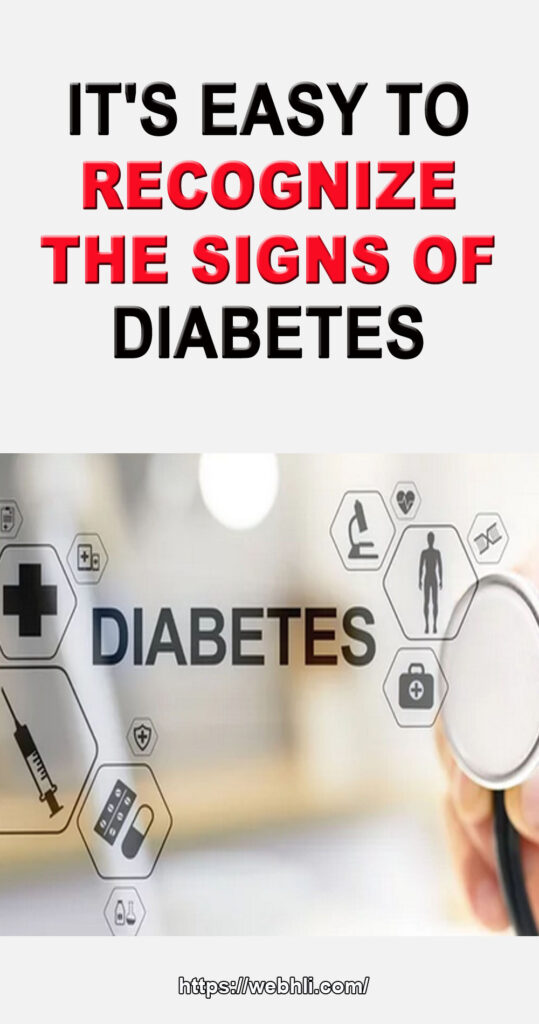
Diabetes is often referred to as a silent disease because many people have it without even knowing it. It is important that everyone know the symptoms and signs of diabetes so that they can seek medical attention as soon as they suspect that they may have diabetes. Everyone should pay attention to what their bodies are trying to tell them.
One of the most common symptoms of diabetes is the need to urinate more often. If you find that you are making more frequent trips to the bathroom, it could be due to diabetes. This is because when there is too much glucose in the blood the kidneys are no longer able to efficiently able to filter your blood. In order to try to dilute the glucose, your kidneys increase water removal from the bloodstream which results in the need for more frequent urination. If you have been experiencing this, you should see your doctor as soon as possible.
Check out these related articles, too:
How Resistance Training Can Help You Heal Diabetes
Diabetic Breakfast Meal Planning, Truth Revealed!
Weight Loss and Blood Sugar Control
Arthritis And Diabetes - A Double Whammy
What Is Diabetic Gastroparesis?
Healthy Lifestyle Tips For Type 2 Diabetes
Does protein increase blood glucose levels?
How Does Diabetes Affect My Teeth and Gums?
Increased thirst goes right along with more frequent urination. As your kidneys are removing more and more water from your bloodstream, you become dehydrated. As you become dehydrated you will experience increased thirst. This is why increased thirst is also a hallmark sign of diabetes. If you notice that you are drinking more and more water without changes in your normal activity to account for the dehydration, you should consult with your doctor.
Another common symptom of diabetes is unexplained weight loss. Without insulin or with inefficient use of insulin, the body is unable to process glucose properly. This results in the body having to break down fat and muscle tissue for a source of fuel for the body. This results in weight loss. This symptom is more noticeable with Type 1 diabetes. While it does occur with Type 2, it happens much more slowly and is less noticeable.
If you are more tired than normal and are experiencing a loss of energy, it could also be a sign of diabetes. All of the cells in our bodies convert glucose into energy. When the body is unable to utilize glucose properly as a source of energy, the cells are no longer able to produce energy, resulting in a feeling of fatigue.
Tingling and numbness of the extremities is also a classic sign of diabetes; however, it does not occur at the early stages of diabetes. By the time numbness and tingling occur, damage to the nerves has already been done. This condition is also known as diabetic neuropathy. This condition usually occurs when blood sugar has remained high for a period of several years. Neuropathy can be decreased as the diabetes is brought under control.
Blurred vision is another early sign of diabetes. Many people are often referred to their medical doctor after an eye exam indicates that diabetes could be an issue. Diabetics are also more prone to retinopathy, glaucoma and cataracts so it is very important to have frequent eye exams when diagnosed with diabetes.
Check out these related articles, too:
Good Energy Food for Diabetics
10 Simple Food Concepts Every Person Living With Diabetes Should Know
Making Cheesecake For Diabetics
Enjoy the Taste and Benefits of Diabetic Foods
Will The Mulberry Leaf Help Your Diabetes?
5 DIABETIC FRIENDLY SALADS Some Tasty
DIABETIC LEMON COCONUT COOKIES Some Tasty
If you notice any of the above symptoms, it is important that you see your doctor for testing. Diabetes is a very treatable disease, especially when caught early before damage is done to the rest of your body. This article will help you recognize signs and symptoms of diabetes.
Article Source: http://EzineArticles.com/7828550


 Protected by Patchstack
Protected by Patchstack